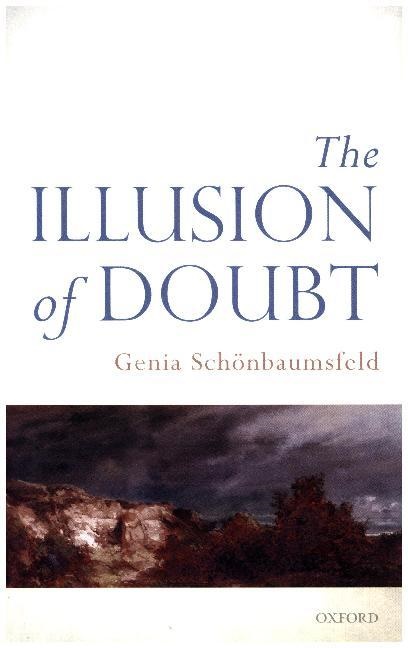Read more
Zusatztext a clearly written and original, engaging as well as thought-provoking contribution to the discussion of skepticism. One of its biggest merits is its push towards doubt about skepticism. It will trigger some stimulating debates. Everyone interested in skepticism should read it. Informationen zum Autor Genia Schönbaumsfeld studied Philosophy at Oxford, Cambridge and Vienna. She is a Professor in Philosophy at the University of Southampton, and her research interests include Wittgenstein, Kierkegaard, Epistemology and the Philosophy of Religion. She is the author of A Confusion of the Spheres: Kierkegaard and Wittgenstein on Philosophy and Religion (Oxford University Press 2007) and of many papers and articles in her research areas. Klappentext The Illusion of Doubt confronts one of the most important questions in philosophy: what can we know? The radical sceptic's answer is 'not very much' if we cannot prove that we are not subject to (permanent) deception. This book shows that the radical sceptical problem is an illusion created by a mistaken picture of our evidential situation. Zusammenfassung The Illusion of Doubt confronts one of the most important questions in philosophy: what can we know? The radical sceptic's answer is 'not very much' if we cannot prove that we are not subject to (permanent) deception. This book shows that the radical sceptical problem is an illusion created by a mistaken picture of our evidential situation. Inhaltsverzeichnis Introduction: Dissolution, not Refutation 1: The 'Default View' of Perceptual Reasons and 'Closure-Based' Sceptical Arguments 2: Forms of 'Envatment': 'Local' and 'Global' 3: Radical Scepticism and Private Language 4: The Incoherence of Global Validation 5: Realism without Empiricism Conclusion: The End of a Scandal

